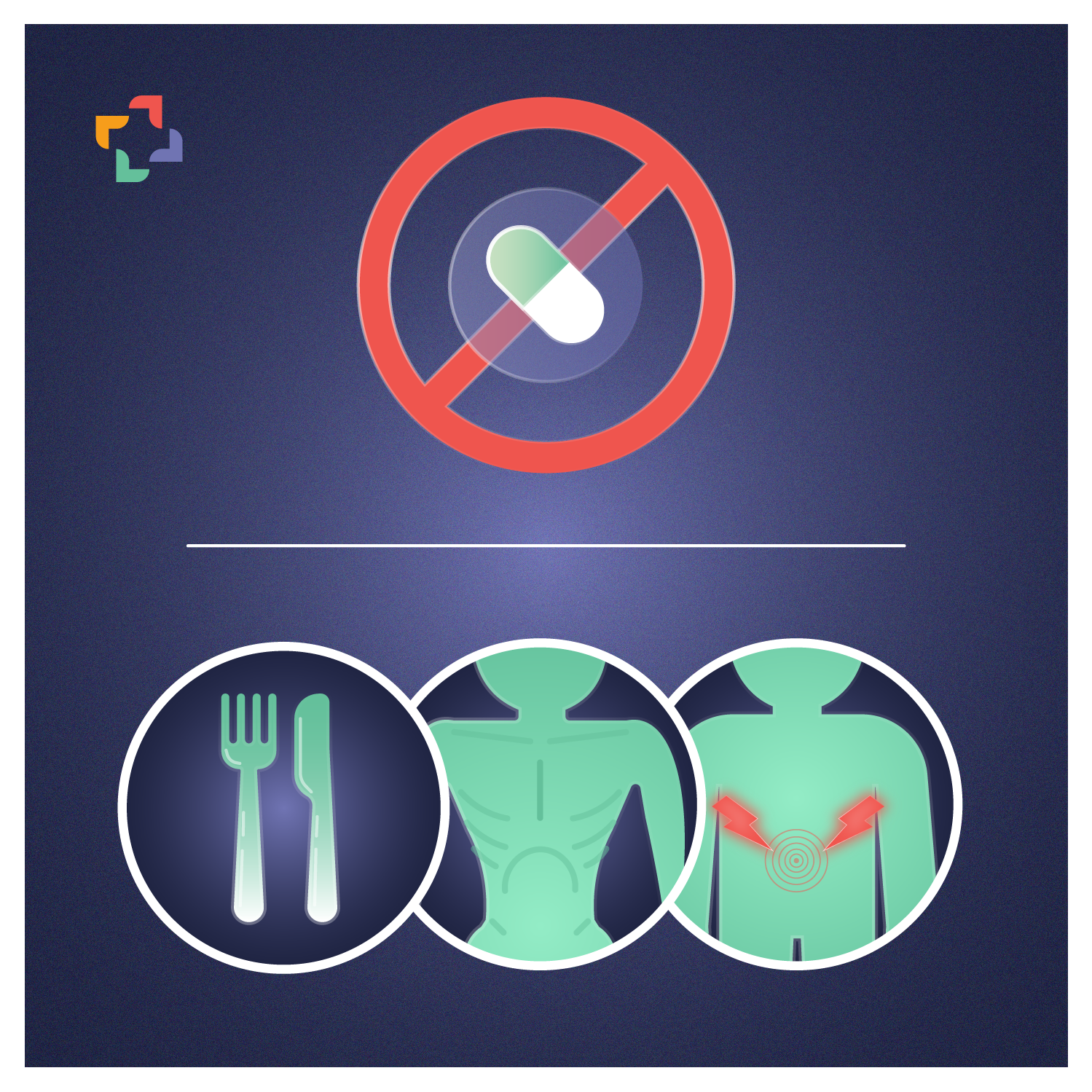Allergic Reactions to Drugs and the Eosinophilic GI Disorders
Learning Objectives
At the end of this course, participants should be able to:
- Recognize signs and symptoms of medication hypersensitivity reactions
- Compare and contrast drug challenges and drug desensitization procedures
- Incorporate “delabeling” and low risk drug challenges into practice
- Recognize the signs and symptoms of EoE and other EGIDs at any age
- Identify the therapeutic targets in the pathophysiology of EGID
- Delineate treatment options for EGID that include nutritional and medical therapies and negotiate challenges with adherence
Intended Audience:
This online course is designed for pediatricians, family physicians, and allergists, and clinical immunologists.
Abstract:
This course provides an in-depth exploration of two critical topics in pediatric allergy and immunology. The first part, Drug Allergy, focuses on adverse drug reactions (ADRs), with a specific emphasis on immunologic hypersensitivity reactions. While only a small percentage of ADRs are true allergies, distinguishing them from other causes, such as viral exanthems, is often challenging, especially in children. This section covers diagnostic approaches, including drug challenges, desensitization strategies, and contraindications for rechallenging severe cutaneous adverse reactions like Stevens-Johnson syndrome (SJS) and toxic epidermal necrolysis (TEN). The second part, Eosinophilic Gastrointestinal Disorders (EGID), delves into the complex and evolving understanding of eosinophilic-driven inflammation in the gastrointestinal tract, with a primary focus on eosinophilic esophagitis (EoE). This section reviews the clinical presentation across different age groups, its association with atopic diseases, and current management strategies requiring a multidisciplinary approach involving gastroenterologists, allergists, dietitians, and pediatricians.
Assessment and Earning CME Credit:
This course in English is not CME-accredited. However, it provides valuable educational content that can enhance your knowledge and skills in the subject matter. To receive CME credit for this course in Armenia, you must take the course in Armenian and complete the post-course quiz. You have three chances to achieve a passing score of 70%. Once you pass the quiz, we will send your information to the Armenian Ministry of Health for credits.

Dr. Melinda Braskett
Dr. Melinda Braskett is the Associate Medical Director of the Gores Family Allergy Center at Children's Hospital Los Angeles and an Assistant Professor in Clinical Pediatrics at Keck School of Medicine at the University of Southern California. She is a board-certified allergist and clinical immunologist. She is also board certified in pediatric medicine. Dr. Braskett graduated with honors from the College of Physicians and Surgeons at Columbia University in New York City. She completed her internship and residency at Children’s Hospital Los Angeles, and her fellowship in Clinical Immunology and Allergy at the David Geffen School of Medicine at UCLA. Prior to coming to CHLA in February of 2016, she was an Assistant Clinical Professor at UCLA where she refined her expertise in high-risk food and drug allergy procedures as Medical Director of the UCLA Food and Drug Allergy Care Center. She has extensive experience in clinical food allergy as she has been a practicing allergist for over 10 years and has served as a clinical investigator on numerous investigator-initiated and pharmaceutical trials. She is passionate about the field of food allergy and very optimistic about the new recommendations that will enable us to safely introduce peanuts early in at-risk children and prevent clinical food allergy.

